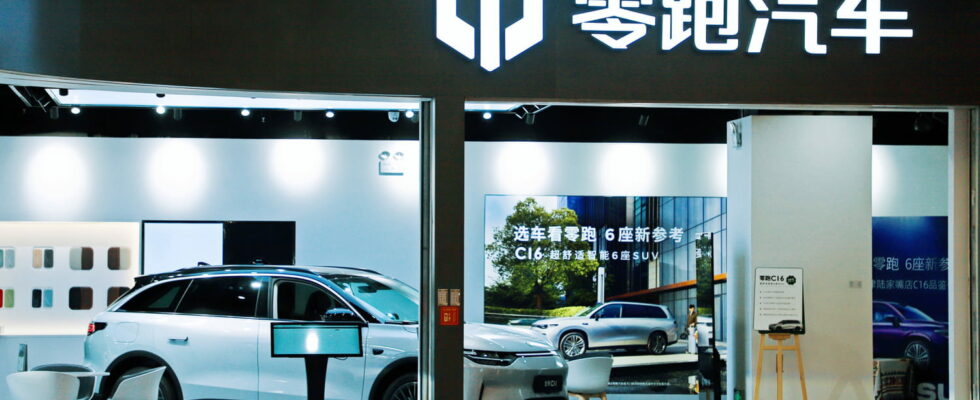Cut by half next year, the ecological bonus could still be modified very soon.
The ecological bonus is like snow in the sun, it melts over time! Established in France in 2008 to encourage motorists to invest in cleaner vehicles, this government aid continues to shrink. This will still be the case from January 1, 2025, and to a significant extent. Aid will be reduced by half for most French people – from 4,000 to 2,000 euros – and by more than 40% for the most vulnerable households (from 7,000 to 4,000 euros). Obviously, for those who hesitate to replace their thermal car with an electric one, it is immediately less of a sale.
Especially since the ecological bonus rules could be further revised downwards very soon. The government in fact proposed a new text a few days ago to be able to tighten up the calculation of the environmental score. This score, calculated essentially on the carbon footprint of each vehicle from the first to the last stage of its production, makes it possible to designate the cars eligible for the bonus. But why would the authorities seek to make it even less accessible? To very quickly close a loophole into which certain manufacturers from China could rush…

It all starts from the recent agreement between the Stellantis group (Peugeot, Citroën, Fiat, etc.) and the Chinese brand Leapmotor. To summarize, this collaboration should allow Stellantis to better position itself on Chinese soil and Leapmotor to invest massively in the French and European market by benefiting from the solid distribution network of its new partner. Also, the young Chinese brand, created in 2015, hopes that this partnership can open the doors to the ecological bonus. The very recent T03 and B10 models, both 100% electric, are or will be assembled in Europe, in Poland for the first, and probably in Germany or Slovakia for the second, each time in Stellantis factories. Enough to have solid arguments to apply for the ecological bonus.
Except that the string is a little big. Because the small city car and the family SUV are essentially produced in Chinese factories before arriving in kit form on the old continent. Most of the production – the design of the bodywork and the assembly of the motor and electric batteries on the car’s framework – is carried out in Asia while only the assembly of the main elements is carried out in Europe. But this last step can help improve the environmental score of the vehicle and therefore potentially make it eligible for the ecological bonus. And if Leapmotor has so far encountered refusals, nothing says that their applications cannot be successful.
This is why the French government intends to quickly review the environmental score rating. According to Les Echosthe new text plans to replace the words “assembly site” with “manufacturing site” so that the place where the vehicle is produced takes greater precedence over where the assembly tasks can be carried out. The consultation must end on December 26, proof that there is an urgent need to act to counter this new offensive from China.
For motorists, Leapmotor vehicles could therefore never benefit from government aid in France. But the Chinese manufacturer’s prices – the T03 is sold from 18,900 euros and even benefits from a reduction of 4,000 euros until December 31 – remain very attractive.
